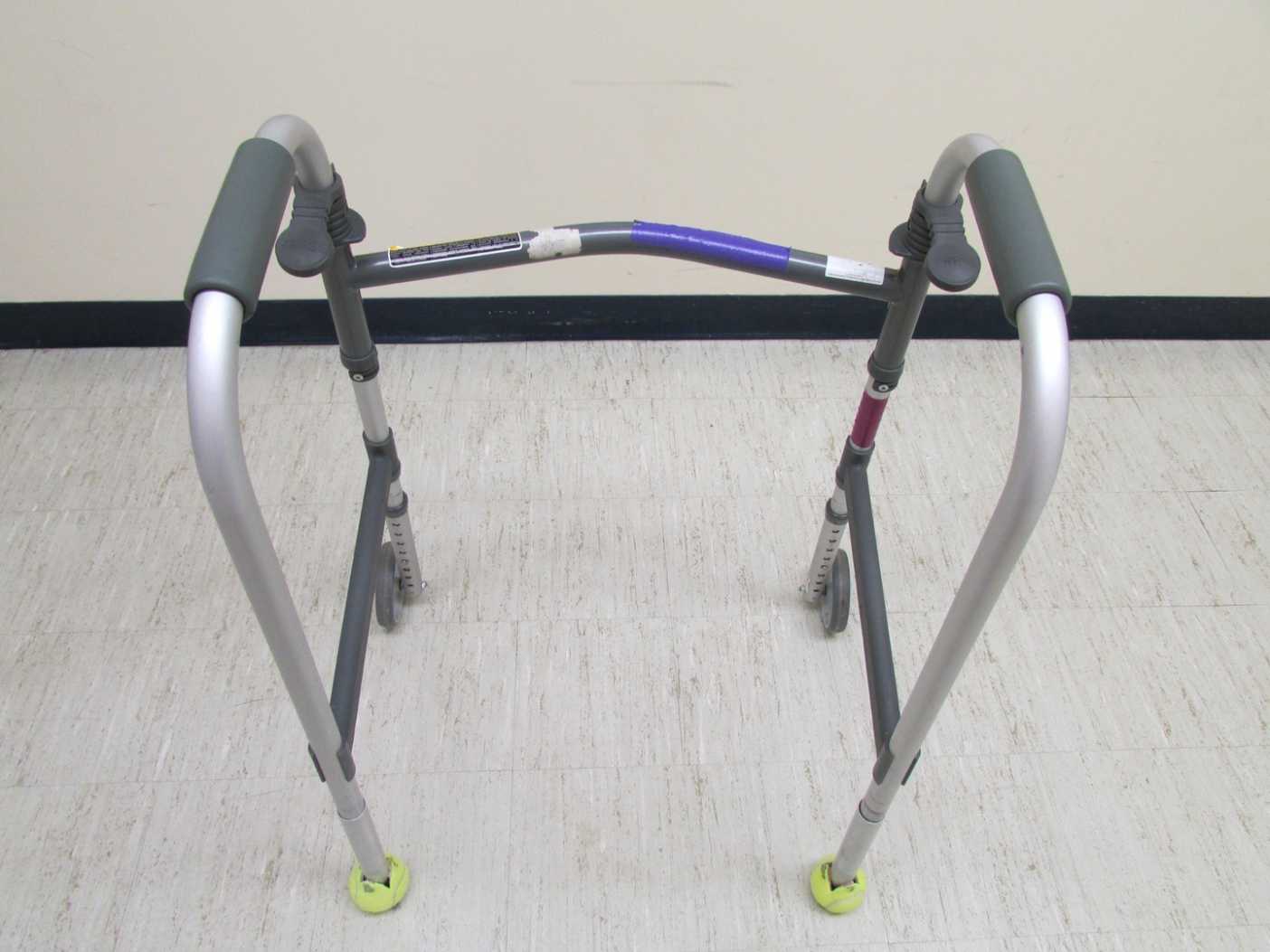After suffering from an injury, illness or a disability that prevents one from continuing with their employment, that individual must suffer through the further difficulty of securing an alternative source of income payments. If one is lucky enough to enjoy long term disability insurance coverage, then they are in luck and should (emphasis on should) enjoy access to that source of an alternative source of income.
Unfortunately, a high number of those who enjoy this form of insurance and who are required to make a claim on their disability policy are denied those benefits for which they or their employers may have paid dearly for years.
It is at this point, and upon this realization that one will seek the advice of an experienced long term disability lawyer. Here are 4 tips in choosing one:
1) Location, Location, Location
Choose a lawyer that practices in your jurisdiction, province or state. Before calling a lawyer, or upon doing so, the first thing you should check is that the lawyer you are looking to for assistance practices in the right jurisdiction. The best help that a lawyer may be able to provide to you if they do not is pointing you in the direction of another lawyer.
2) Focus of Practice – expert or amateur
One of the next questions that should be posed to your prospective disability lawyer is “what is your area of expertise?”. Does the lawyer that you are speaking to practice in the area that you require assistance?
The area of law which a lawyer practices can by any area in which they bear a competency and a client. Unfortunately, this manner of regulating lawyers – allowing them to practice any area in which they bear competency – is a difficult one to impose.
For that reason you should ensure that the lawyer you are looking to hire has real experience in long term disability law. Read through their website, see what they have written, does it focus on disability law or on some other area with disability law only as an aside if it even makes an appearance at all.
3) Method of Billing – hourly vs. contingency
Most long term disability recipients are not in the position to pay hourly legal fees or retainers up front. Ensure that the lawyer you are speaking to offer contingency fee billing, meaning that you are paid before any legal fees are paying and only as a portion of what you receive. This eliminates much of the risk of a lawsuit for many clients.
4) Relationship & Chemistry
Finally, and possibly most importantly, speak to your prospective lawyer to see if you have chemistry. This will be the person that guides you in your disability claim, which can take some time, even years. Ensure that it is someone you feel comfortable calling and speaking to when you’re in your hour of need.





